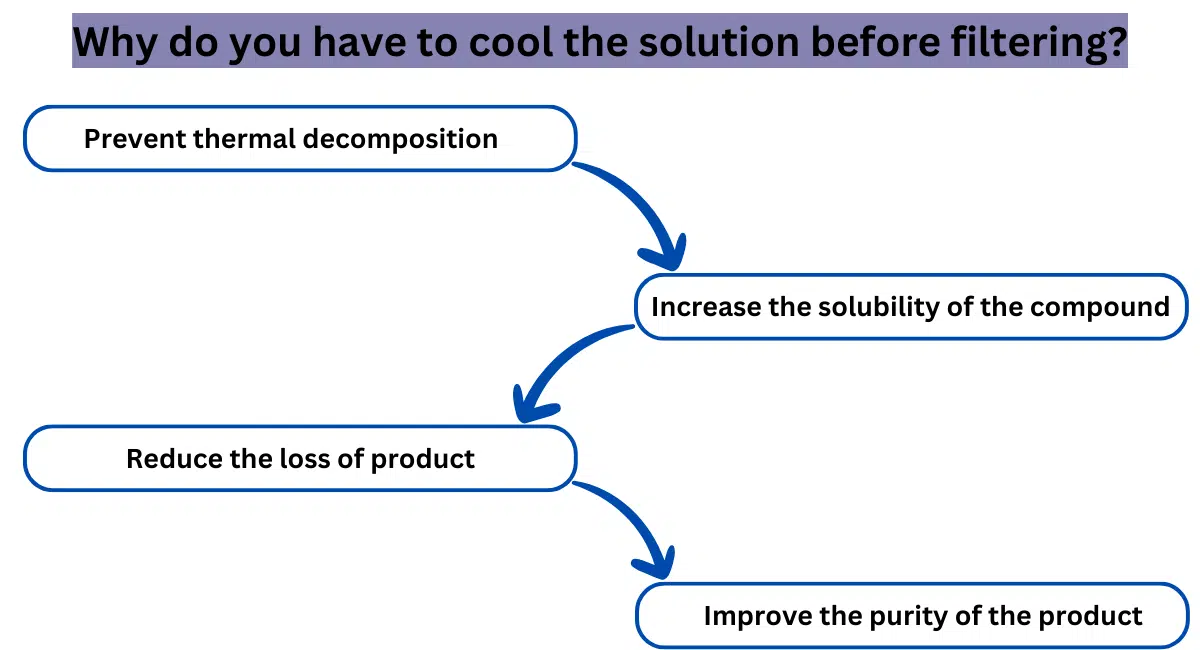Why crystallization is a better technique for separation and purification?
Crystallization is a widely used technique for separation and purification in various industries, including pharmaceuticals, chemicals, and food processing.
3 Reasons why crystallization is better for separation and purification
1. High Purity
Crystallization is an effective technique for purifying compounds because it can achieve high purity levels. During the crystallization process, impurities are often excluded from the growing crystal lattice, resulting in a crystal with a higher degree of purity than the starting material. This high level of purity is especially important in the pharmaceutical and chemical industries, where impurities can have negative effects on product quality and safety.
For example:
The production of the anti-inflammatory drug aspirin involves a multi-step synthesis process, which results in a crude product containing impurities. By using crystallization, the crude product is purified, and the final product is obtained with high purity and quality.
2. Scalability
Crystallization is a scalable technique, which means that it can be easily applied to large-scale industrial processes. It is a widely used method in the chemical and pharmaceutical industries, where it is used to purify and separate various compounds on a large scale.
For example:
The production of table salt involves large-scale crystallization processes. Salt is obtained by evaporating seawater, which causes the salt to crystallize out of the solution. The resulting crystals are then collected, washed, and dried to obtain pure table salt.
3. Cost-Effective
Crystallization is a cost-effective technique for separation and purification because it is a simple and relatively low-cost process. It does not require expensive equipment, and the solvents used in the process can often be recycled. Furthermore, the yield of the final product obtained through crystallization is often high, which makes the process more cost-effective.
For example:
The production of sugar involves the crystallization of sucrose from a sugar cane or beet juice solution. The process is relatively simple and low-cost, making it an effective and affordable way to produce large quantities of sugar.





Leave a Reply